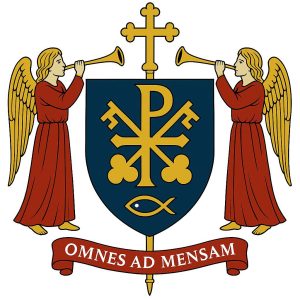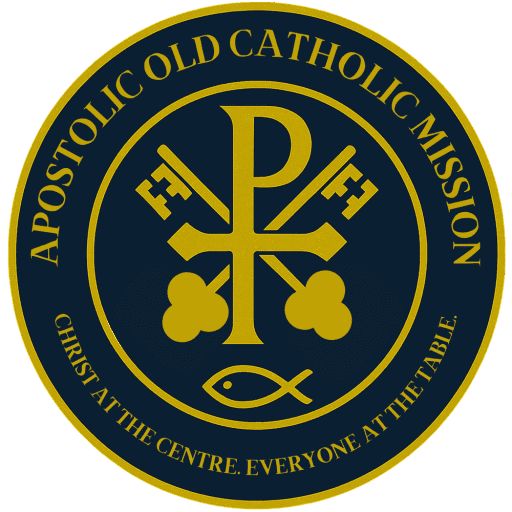Pastoral Care & Sacrament Requests
Everyone needs support sometimes —
and sacraments are meant to bring grace, not guilt.
Whether you’re reaching out for help, healing, or hope,
we’re here to walk with you in the spirit of compassion and Christ’s welcome.
Support for the heart, mind, and soul
Pastoral Care That Meets You Where You Are
We understand that life can be messy, beautiful, painful, or all three at once. That’s why our pastoral care isn’t about giving easy answers — it’s about offering real presence, prayer, and support in a way that honours your journey. Whether you’re grieving, struggling with questions, or simply in need of someone to talk to, we’re here.
We offer:
We are not licensed therapists, legal advisors, or medical professionals. But we are people of faith who will meet you with dignity, humility, and care — always in the spirit of Christ.
A process shaped by compassion, not paperwork
Simple, Honest, and Personal
We don’t believe in gatekeeping the grace of God. When you contact us for pastoral care or a sacrament, we simply begin with a conversation — no forms, no pressure, and no long list of requirements. We’ll ask a few respectful questions to understand your situation, and we’ll explain clearly what we can offer and when.
Our approach is guided by three principles:
Where possible, we’ll suggest a time to talk further — by email, message, or video call — and work from there.


